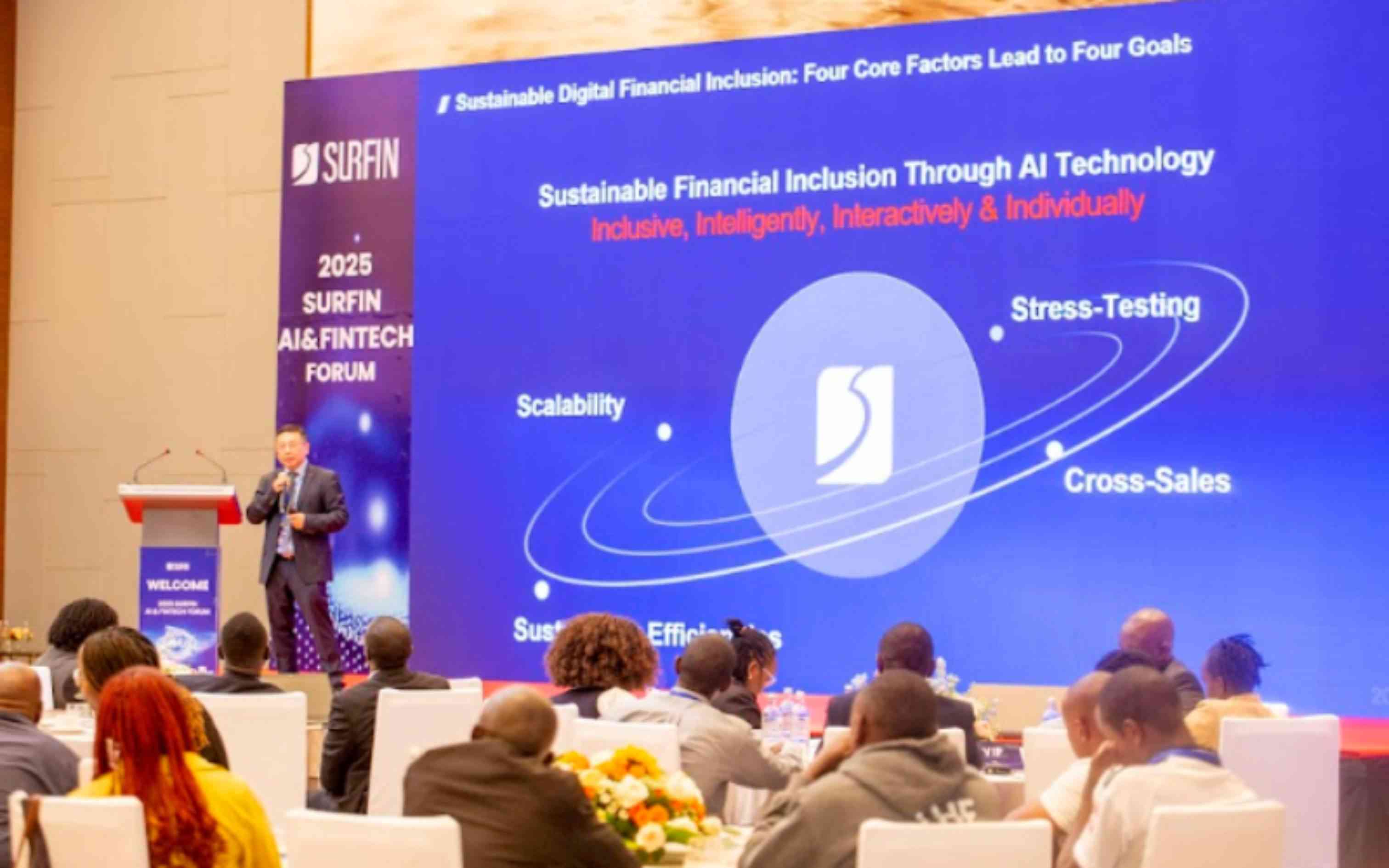Kenyan entrepreneurs embrace digital tools to grow, but face challenges in an evolving tech landscape. [Standard, File]
As Kenya’s digital economy grows, businesses are under pressure to adapt or risk falling behind.
With internet access reaching over 85 per cent of the population and technology becoming an essential part of everyday life, many entrepreneurs are excited by the potential of the digital world.
However, the reality is that for many, the transition from traditional to digital business isn’t as smooth as it seems.
While some businesses, like Royal Rides, are successfully leveraging digital tools to expand, others are finding it difficult to navigate the challenges of unreliable internet, cybersecurity threats, and the high cost of digital services.
In a world where technology changes quickly, staying ahead of the curve is proving to be a tough task for many.
Samuel Wanderi, the CEO of Royal Rides, highlights the importance of digital tools but also the need for continuous innovation to remain competitive.
“The tech space is fast-paced. As an entrepreneur, you must be able to adapt to changes quickly,” he says.
Kenya’s digital economy has been a key factor in fostering entrepreneurial success.
With internet penetration at 85.2 per cent (Internet World Stats), the country has become a technological and innovation hub in East Africa.
According to Business Monitor International, Kenya's ICT sector grew at an average of 10.8 per cent annually over the past decade, with the digital economy expected to contribute 9.24 per cent of the country’s GDP by 2025.
This rise in connectivity has been accelerated by the Government of Kenya’s push for universal 4G coverage and the digitalisation of government services.
Increased smartphone usage, the expansion of mobile financial services and a robust ICT infrastructure are creating fertile ground for entrepreneurs to thrive.
“Digital tools are fundamental,” Wanderi says, referring to the platforms that allow Royal Rides to manage customer bookings and payments.
Like many digital entrepreneurs, Wanderi has leveraged online resources to scale his business while managing customer engagement and operational efficiency.
However, starting a digital business in Kenya isn’t without its challenges.
Obstacles like inconsistent internet connectivity, fluctuating power supply and cybersecurity concerns remain significant barriers for many entrepreneurs.
"The tech space is fast-paced and constantly evolving. As an entrepreneur, staying ahead of these challenges requires adaptability and continuous learning," Wanderi notes.
But despite these challenges, many young entrepreneurs are finding creative ways to adapt and grow.
Kenya is gaining recognition in the global e-commerce market, ranking 74th as one of the largest markets for e-commerce.
This growing recognition highlights the potential of Kenya's digital economy to tap into global markets and attract both local and international investment.
The growing role of e-commerce is another key factor in shaping the digital landscape.
The recent increase in online shopping platforms, mobile wallets and delivery services has further boosted the digital economy.
Maureen Ochang, President of the Project Management Institute (PMI) of Kenya, highlights the importance of continuous innovation for business success.
“Innovation is business unusual,” Ochang says.
She stresses that innovation involves finding ways to offer new services or products that can benefit customers, thereby creating value for the business.
“Ultimately, the goal is creating value for customers by doing things in new ways,” says Alan Maturu, Director for Education and Professional Development at PMI.
His sentiment is echoed by Wanderi, who advocates for the use of digital platforms and tools to optimise customer experiences and operational efficiency.
“To succeed, entrepreneurs must remain resilient when facing challenges,” she explains, noting that adaptability and perseverance are critical for sustaining business growth.
Looking ahead, Kenya’s digital economy is expected to expand with emerging technologies like artificial intelligence, blockchain and mobile applications taking centre stage.
Entrepreneurs who integrate these innovations are set to gain a competitive edge in an increasingly digital market.
“Artificial intelligence, blockchain and other cutting-edge technologies are becoming game-changers in the way businesses operate. Entrepreneurs who adopt these technologies early will see exponential growth,” Wanderi observes.
 The Standard Group Plc is a multi-media organization with investments in media
platforms spanning newspaper print
operations, television, radio broadcasting, digital and online services. The
Standard Group is recognized as a
leading multi-media house in Kenya with a key influence in matters of national
and international interest.
The Standard Group Plc is a multi-media organization with investments in media
platforms spanning newspaper print
operations, television, radio broadcasting, digital and online services. The
Standard Group is recognized as a
leading multi-media house in Kenya with a key influence in matters of national
and international interest.











